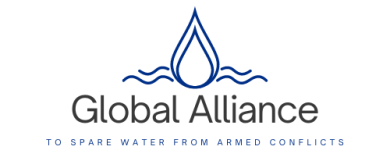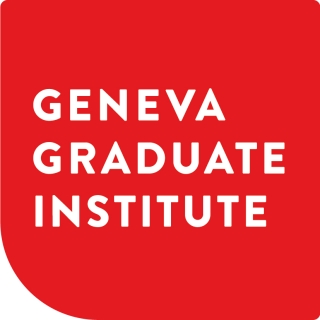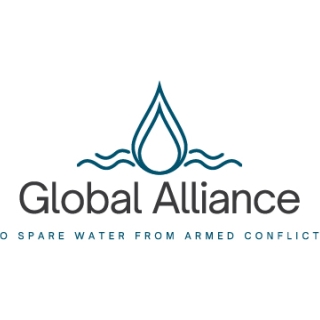
Protection of Water During & After Armed Conflict
Ensuring access to water, a fundamental human right, is imperative even in the midst of armed conflict. While International Humanitarian Law provides a solid basis for its protection during the conduct of hostilities, water is rarely spared from the ravages of combat. We understand that the effects of attacks that damage water systems reverberate well beyond the blast zone, and long after the dust has settled. People’s livelihoods may be severely compromised as economic opportunities become scarce, and waterborne diseases abound.
In shielding water resources, we establish a foundation for reconciliation, capitalizing on the shared humanity and interdependence inherent in the life-giving qualities of water.
In our analysis of the legal frameworks to protect water during and after armed conflict, the Geneva Water Hub combines technical, legal and scientific expertise for the development of tools and mechanisms to reduce civilian harm. We also develop the evidence base on the environmental and socio-economic impacts of war and sanctions on water and the human rights to water and sanitation. We are convinced that as we deepen our understanding of the reverberating effects of attacks or damages to water systems, the more foreseeable the impacts become and the more we will be able to prevent the civilian harm.
The Geneva Water Hub promotes the understanding and implementation of legal frameworks and technical knowledge with all those who are engaged in the protection of civilians, including humanitarian and military communities, activists, and water maintenance crews. Guiding these endeavours is the Global Alliance to Spare Water from Armed Conflicts. The Alliance initiates research, training, and dissemination to raise awareness, foster dialogue, and catalyze action to protect water during and after armed conflicts.











